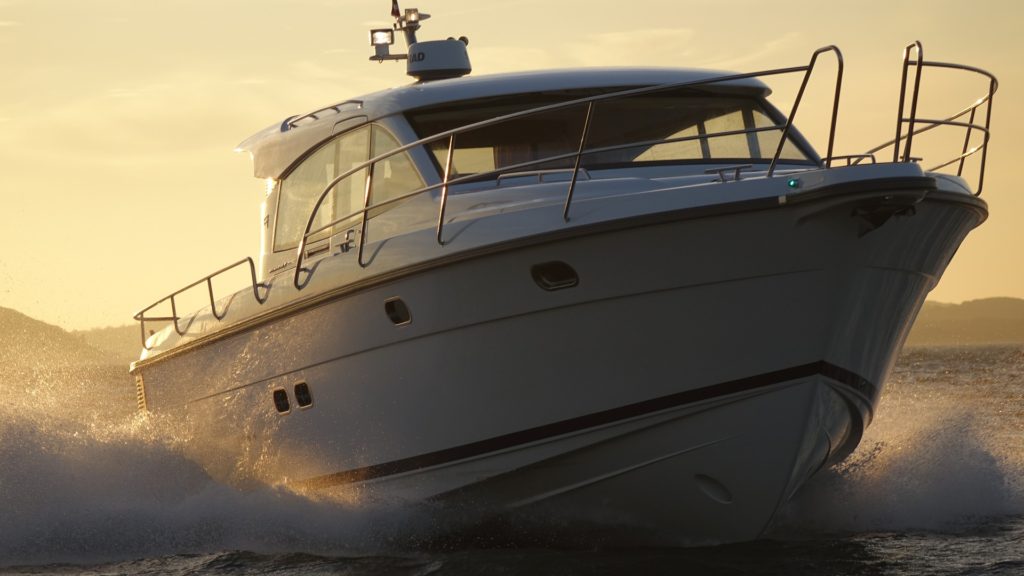The Unforeseen and Poisonous Danger of Boating

Boating is an exhilarating experience and a favorite pastime for Texans. Taking out a watercraft is the ideal way to relax and share time with your friends or family. Unfortunately, boating also comes with a hidden danger: carbon monoxide (CO) poisoning. To safely enjoy boating, you must be alert to the hidden dangers of CO poisoning and, if you do have the misfortune to be injured due to a negligent boat owner or operator, you may be able to recover compensation.
What Is CO Poisoning?
Carbon monoxide is a colorless, odorless toxic gas that is produced by gasoline-powered engines. It exists in the exhaust of all propulsion engines and on-board generators and is fatal if a person is exposed to high doses. The common symptoms of CO poisoning include:
- Headaches
- Dizziness
- Weakness
- Nausea
- Vomiting
- Chest pain
- Confusion
CO poisoning can also cause you to lose consciousness and fall overboard with disastrous consequences.
CO Poisoning Statistics
In the last several years, the CDC has reported over 800 cases of boat-related CO poisoning, with over 140 cases resulting in death. More than 300 of those cases occurred on houseboats, and over 200 cases were attributed to generator exhaust alone. The good news is that CO poisoning is almost entirely preventable! However, many negligent boat owners still allow it to occur, which can lead to catastrophic and traumatic boating accidents.
How Toxic Levels of CO Build Up in a Boat
There are several ways that toxic levels of CO gas can build up in a boat:
- Backdrafting: In smaller boats, it is often tempting to push the engine and operate your boat at a high-bow angle. Operating a watercraft in this manner for an extended period can cause the exhaust from the engine to be sucked into the cabin, cockpit, and bridge – especially when there is an opening toward the stern of the boat. Backdrafting can also occur in boats that are improperly or heavily loaded.
- Generator poisoning: Most larger boats, including houseboats, have generators that vent toward the back of the boat. These generators can create a danger of CO poisoning for anyone on the stern deck or who are swimming behind the boat. Very high levels of CO can build up in the air gap between the water and stern, which could reach levels that could kill a swimmer within minutes.
- Traveling at slow speeds: Running a boat engine while idling or traveling at very slow speeds can cause CO to build up in the cabin, cockpit, or bridge, or on the deck. A wind that comes from the aft side of the boat can increase this risk, especially for any space that has an opening that may draw in the exhaust.
How to Prevent CO Poisoning
Despite all the dangers and risks of CO poisoning, there are many effective steps a boat owner can take to prevent poisoning from occurring, including:
- Ensuring that all fuel-burning engines are correctly installed and maintained
- Training all crew and passengers on the symptoms and risks of CO inhalation
- Warning swimmers and boaters to avoid areas where engines vent exhaust
- Ensuring exhaust outlets are not blocked
- Avoiding docking, beaching, or anchoring close to another vessel that is running a generator or engine
- Installing CO monitors that can sound an alarm if CO levels rise to a toxic level
Failing to follow these procedures and protecting guests or swimmers on or near the boat from carbon monoxide poisoning can make a boat owner liable for any injuries they suffer.
What to Do if You Suffer From CO Poisoning
If you or a loved one has suffered from CO poisoning, move yourself and them to a location with fresh air immediately and contact emergency medical services. If you believe the poisoning was due to the negligence of the owner or operator of the boat, contact our Dallas boat accident lawyers at The Lenahan Law Firm at (214) 295-1008 for a free case evaluation.